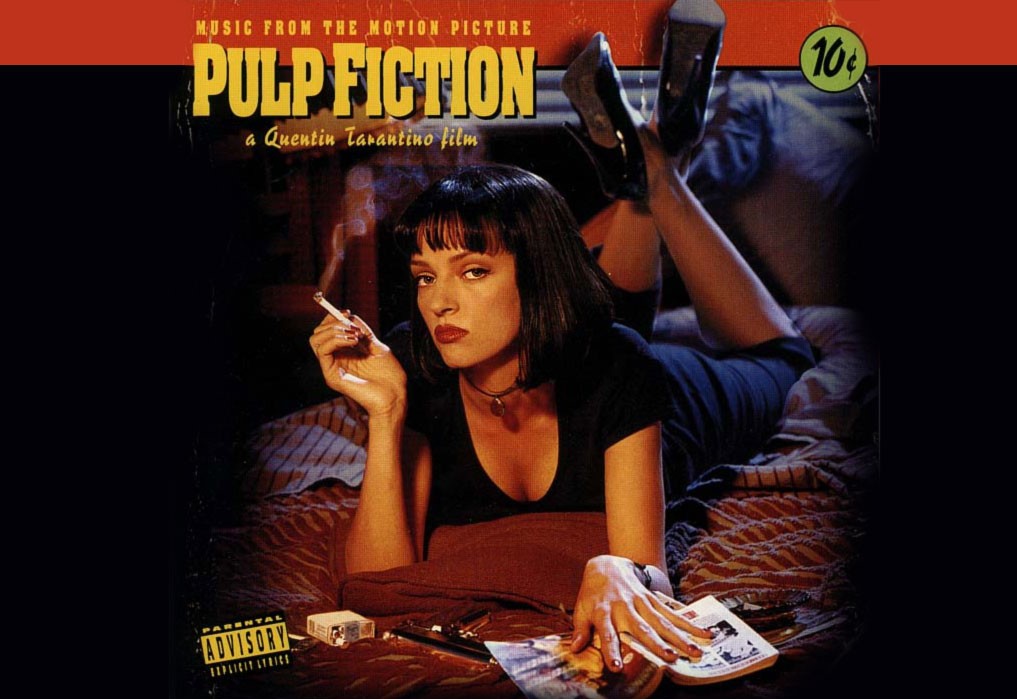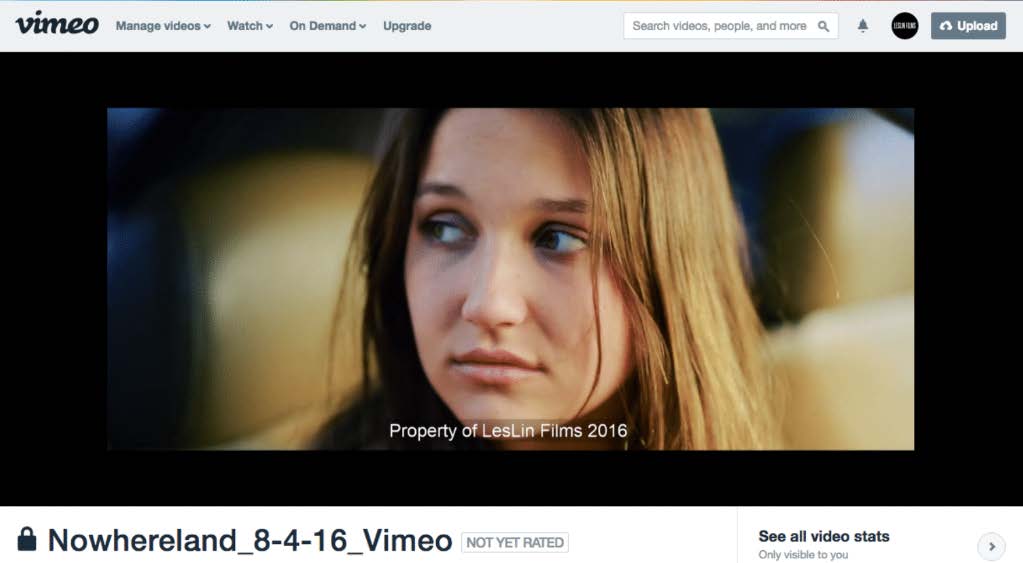 In 1994, Firooz Zahedi, a photographer, took several photographs of Uma Thurman in character in her now-famous role as Mia Wallace in the Quentin Tarantino film Pulp Fiction. Miramax, the studio that produced Pulp Fiction, used one of Zahedi’s photographs, with some changes (including changing the position of the gun on the bed in front of Ms. Thurman) on its poster for the film.
In 1994, Firooz Zahedi, a photographer, took several photographs of Uma Thurman in character in her now-famous role as Mia Wallace in the Quentin Tarantino film Pulp Fiction. Miramax, the studio that produced Pulp Fiction, used one of Zahedi’s photographs, with some changes (including changing the position of the gun on the bed in front of Ms. Thurman) on its poster for the film.
Comments closed
